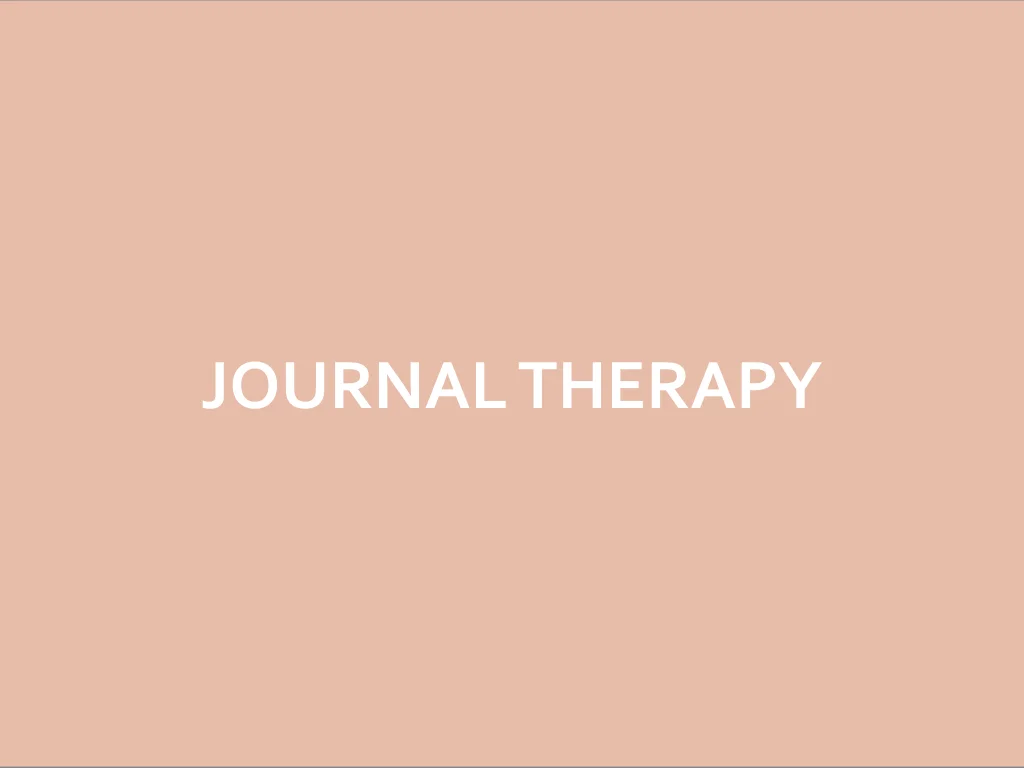JOURNAL THERAPY
Chicky Read
Journal therapy is a form of expressive therapy and focuses on the writer’s thoughts and feelings. It is used to help writers better understand life's issues and how they can cope with these issues or fix them. This therapy style works by enabling the writer to gain mental and emotional clarity and come to a deeper understanding of themselves. As with other forms of therapy, journal therapy can be used to heal a writer’s emotional problems or help to work through a trauma.
There are many benefits of expressive writing -
Better self-reported physical and emotional health
Improved memory
Reduced blood pressure
Reduced stress
Reduced anxiety
Improved mood
Greater psychological wellbeing
Helping to cope with depression
Helping you prioritise problems, fears, and concerns
Tracking any symptoms day-to-day so that you can recognise triggers and control them
Other therapeutic effects of journal therapy include the expression of feelings which can lead to greater self-awareness and acceptance.
Journaling helps you get to know yourself better.
By expressing yourself in a journal can bring your feelings and thoughts to the surface. Many people can be surprised by what they write, they can discover they are worried about something they didn’t realise was upsetting them.
When your thoughts and worries feel jumbled up in your head, writing them down can cut down the chaos and help. Journaling can serve as an escape or an emotional release, its one of the best ways to clear your mind and get in touch with your feelings and thoughts. By gaining the focus of internal awareness, processing thoughts and emotions, you are able to have clarity around what is most important to them and reduce stress.
How to start journaling
There is no wrong or right way to journaling, it is what makes you feel clearer and many people have the belief that to journal successfully and effectively you have to sit down and write pages of beautifully poetic sentences about your feelings. But really, journaling is setting aside a little quiet, focused time to sit down and think about your day/week.
You can start by just writing down a record of what you did that day. By ranting about something that has bothered you all day. By writing about something beautiful that your saw or heard. Sometimes your journalling can be pages of text and on others it may be a few simple words.
Write letters to yourself, to loved ones, alive or no longer around. Don’t focus on the negatives. If you find yourself writing down negative thoughts, re-read the negative words you have written, re-write them in a positive light, find the positives, there is always a positive to be found.
Remember this journal is for you only, you will not be judged on what you write, how your write it or how often you write it. The act of sitting and taking time to focus on your feelings, intentions and thoughts is a style of mediation in itself and by doing so you will really see the benefits for your mental state.
